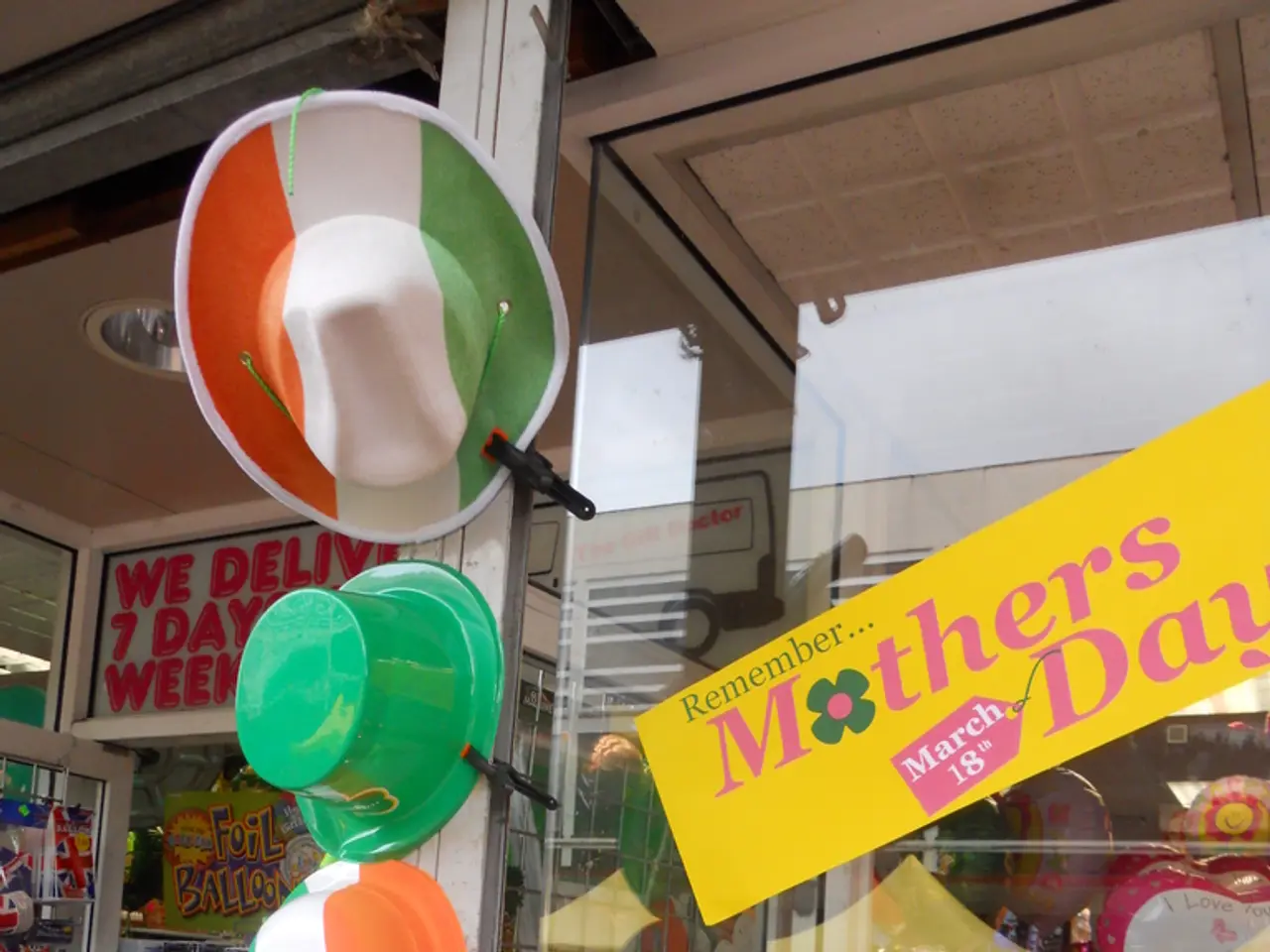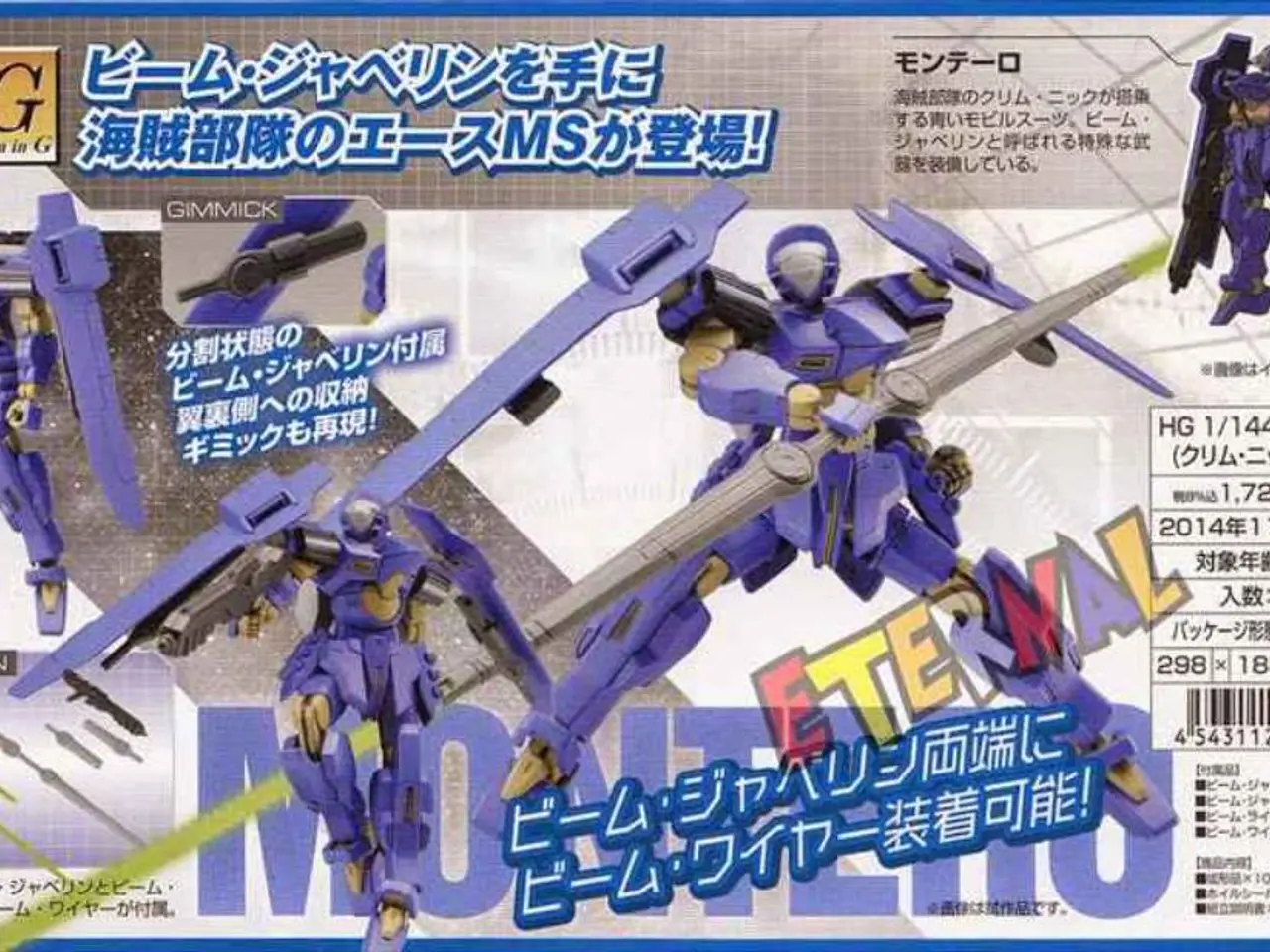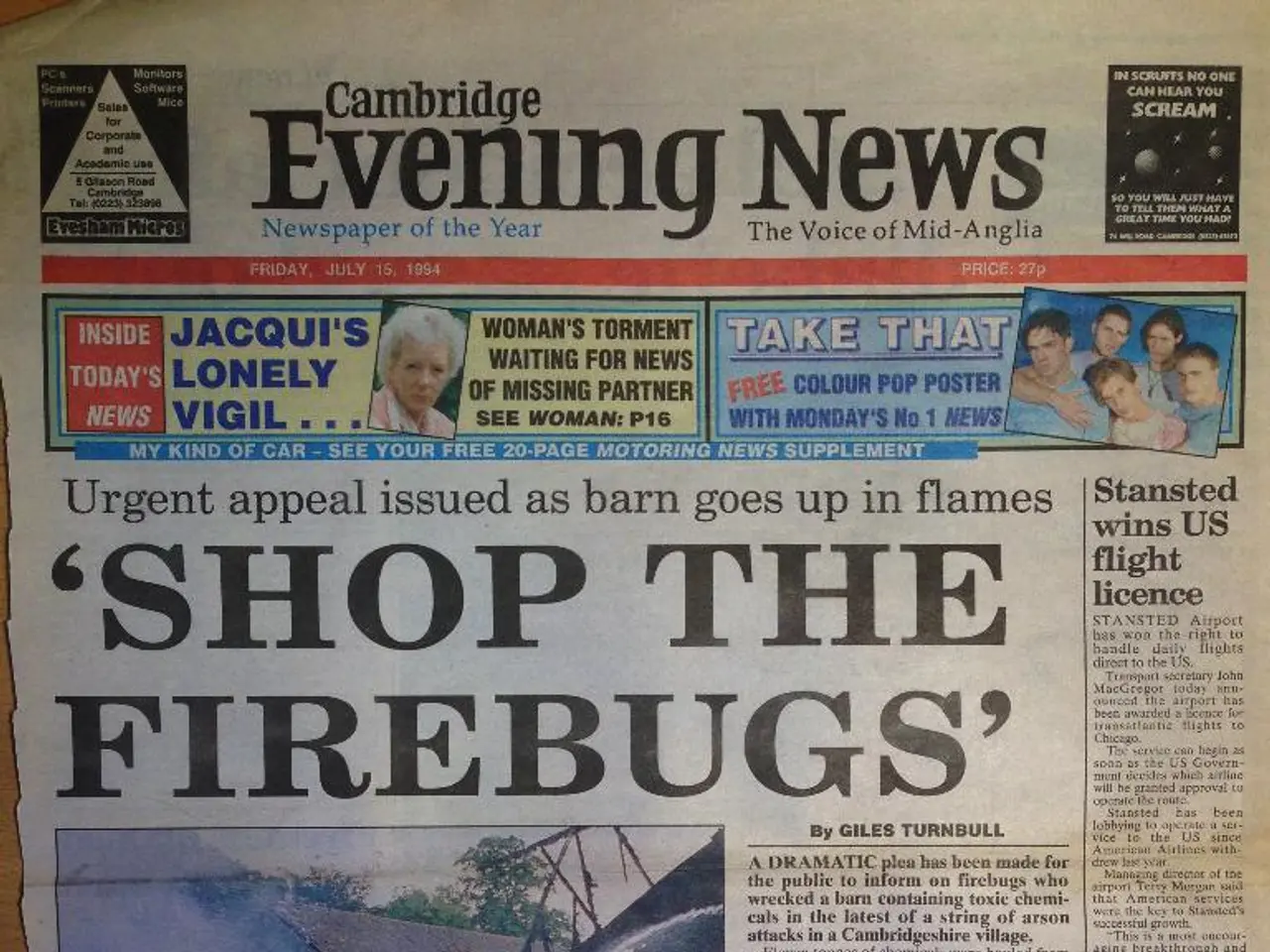Pinterest broadens augmented reality experiment with eye shadow application
In the world of beauty retail, a revolution is underway as leading companies integrate augmented reality (AR) and artificial intelligence (AI) technologies to enhance the shopping experience for consumers.
Several major players, including Verishop, Facebook, Instagram, Google, TikTok, and Shopify, have been introducing shoppable content features that enable users to buy products directly within their platforms. Meanwhile, other beauty companies and brands are actively experimenting with AR tools for beauty product testing.
One such company is NYX Professional Makeup, which has launched its Beauty Bestie 2.0 AR try-on experience on Snapchat. This innovative tool uses AI to analyze skin tone, hair, and eye color to provide highly personalized makeup looks and product recommendations. This not only enhances user engagement but also offers seasonal and tailored beauty solutions.
MAC Cosmetics is another brand leveraging AR technology, using Modiface’s AR makeup SDK to provide virtual try-on features online. Similarly, Maybelline, part of L’Oréal, also employs Modiface’s AR technology for virtual product trials, aiming to improve customer confidence and personalization in their purchase decisions.
L’Oréal Group itself is heavily invested in beauty tech innovation. At VivaTech 2025, the company showcased AI-backed platforms like Noli, which combines facial scans and ingredient analysis to create customized product recommendations, and the YSL Beauty Hyper Look Studio developed with Meta, which offers real-time AR previews of trending looks integrated with social feeds.
YORD, a tech company specializing in AI and extended reality (XR), works with luxury beauty brands to deliver immersive and personalized experiences combining AI and XR technologies, advancing the future of luxury beauty retail.
Pinterest, too, is embracing this trend, aiming to make online shopping more like in-store browsing. The platform's AR try-on tool allows users to try on eyeshadow products and is currently available with brands like Urban Decay, NYX Cosmetics, and YSL. Users are five times more likely to exhibit an intent to buy items viewed via try-on-enabled pins than traditional pins.
Pinterest's AR try-on tool and product tagging feature are part of its efforts to enhance its shopping experience for users. Creators can make shoppable Story Pins and tag products in the coming months. The product tagging feature, currently in beta, is accessible to select advertisers.
Moreover, users are 70% more likely to show purchase intent for products tagged in scene images than on standalone product pins, according to Pinterest. This underscores the potential of these AR and AI-driven shopping experiences to reduce friction in online and in-store beauty shopping.
These companies illustrate a broad industry trend where AR and AI technologies are increasingly integrated into beauty retail to provide consumers with virtual try-ons, personalized product suggestions, and enhanced interactive experiences. The future of beauty shopping looks set to be more immersive, personalized, and convenient than ever before.
Technology, AI, and AR have become integral parts of lifestyle in the beauty retail industry, with leading companies like Verishop, Facebook, Instagram, Google, TikTok, and Shopify introducing shoppable content features. Meanwhile, technology companies like YORD specialize in AI and XR, providing immersive and personalized experiences to luxury beauty brands, advancing the future of beauty retail.




